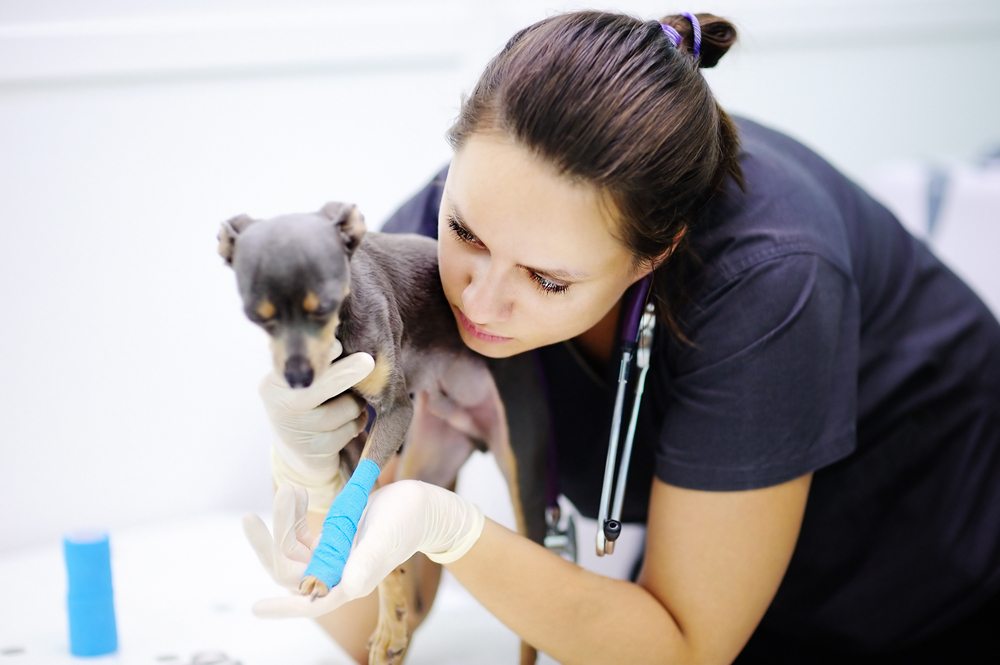In recent years, the brutal narrative surrounding animal cruelty has catalyzed a surge in public consciousness. Incidents of neglect, abandonment, and outright abuse are pervasive, creating an urgent need for dedicated professionals to combat these egregious acts. Enter the animal cruelty investigator—a figure shrouded in intrigue and purpose, embarking on a career that melds compassion with an unwavering commitment to justice. This profession is not merely a job; it is a calling that demands both resilience and an insatiable curiosity to uncover the truth.
Animal cruelty investigations encapsulate a wide array of responsibilities. Primarily, these investigators work to validate reports of abuse, often collaborating with local authorities, animal control agencies, and legal entities. This multifaceted role encompasses evaluating living conditions, documenting evidence, and, when necessary, rescuing animals from perilous environments. The sheer variety of scenarios encountered—ranging from hoarding situations to illegal fighting rings—imparts a complex texture to the vocation, necessitating that one possesses both a keen analytical mind and a compassionate heart.
The job often begins with a common observation: characters in distress, manifesting in the form of neglected pets roaming the streets or confined to squalid living quarters. Each case holds a deeper story, frequently rooted in societal issues such as poverty, ignorance, or mental health struggles that compel individuals to harm those unable to defend themselves. Investigators must peel back layers of these stories. They do not just respond to the symptoms but delve into the underlying causes of animal cruelty.
Education forms a cornerstone for aspiring investigators. A background in fields such as criminal justice, animal studies, or social work can serve as a springboard into this realm. Coursework often includes an examination of animal behavior, laws regarding animal welfare, and even ethics. However, beyond the theoretical underpinnings, practical experience is indispensable. Internships with animal shelters, activism organizations, or law enforcement agencies equip candidates with the hands-on expertise required to navigate the often murky waters of animal cruelty cases.
Continued education and training are vital as well. The landscape of animal welfare is ever-evolving, propelled by changes in legislation, advancements in forensic science, and shifting societal norms regarding how animals are treated. Animal cruelty investigators must remain vigilant, adapting their strategies to align with best practices while also advocating for more robust legal frameworks to protect animal rights. Engagement in ongoing workshops and career-specific seminars not only hones investigative techniques but also fosters networking opportunities with like-minded professionals.
Emotional sturdiness is another imperative trait for those pursuing this path. Witnessing the aftermath of cruelty can take a significant toll on one’s mental health. Empathy is essential, but emotional detachment is equally important to maintain objectivity during investigations. Investigators often grapple with the duality of feeling deeply for the victims while also understanding the broader spectrum of systemic issues at play. Regular debriefings and mental health support mechanisms can facilitate coping with the emotional burdens inherent to this line of work.
However, it is important to acknowledge that the path to becoming an animal cruelty investigator is rife with challenges. In many regions, the visibility of animal cruelty cases is eclipsed by more overt crimes, leading to underfunding and inadequate resources for animal protection agencies. This can create an environment of frustration among investigators. They may find that a keenly documented case fails to result in meaningful action, due to legal loopholes or a lack of punitive measures for perpetrators. Comparing legislation across states or countries reveals stark disparities; for instance, certain areas impose severe penalties for animal abuse, while others feature lax enforcement, enabling continuation of atrocities.
Moreover, the connection between animal welfare and other social justice issues adds a rich layer to the investigator’s role. Discussions surrounding animal rights intersect with conversations about environmental sustainability, public health, and community responsibility. Advocates emphasize not only the moral duty to protect animals but also the holistic benefits of humane treatment—lower crime rates, increased empathy, and healthier ecosystems. Investigators often find themselves at the forefront of these discussions, pushing for a paradigm shift that transcends traditional views of animal welfare.
While the journey to becoming an animal cruelty investigator is fraught with trials and tribulations, the reward lies in effecting change. Each case resolved, each animal rescued, serves as a testament to the investigator’s dedication and skill. Public outreach, educational programs, and community initiatives often flow from their work, cultivating awareness and rallying support for the voiceless. The investigator’s role ultimately extends beyond the confines of the law; they become advocates, educators, and agents of transformation.
In conclusion, while the profession of animal cruelty investigator may seem niche, it is imbued with profound significance. The blend of investigative rigor, emotional depth, and societal impact makes it an alluring career path for those who seek a meaningful vocation. As society continues to grapple with its ethical obligations towards animals, the role of the investigator will undoubtedly become increasingly crucial. In pursuing this path, one does not simply engage in the fight against cruelty; they embark on a lifelong commitment to fostering compassion and justice for all living beings.








